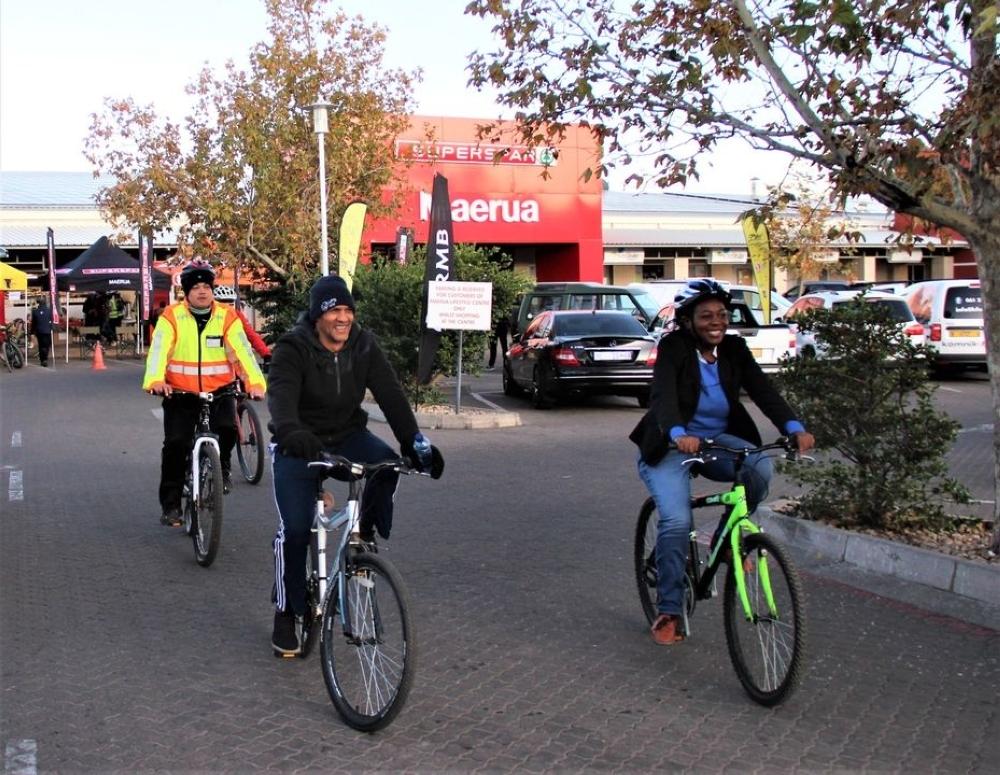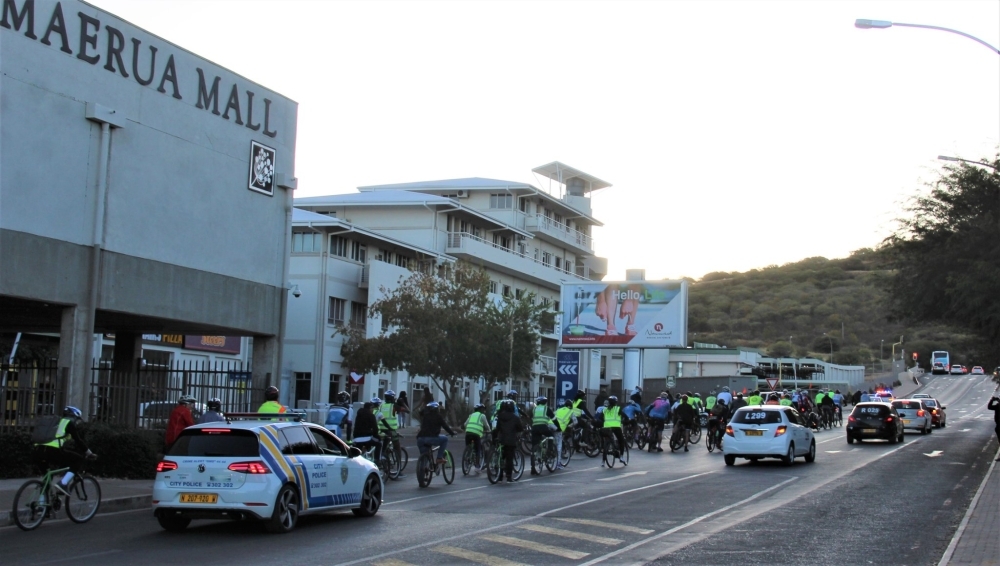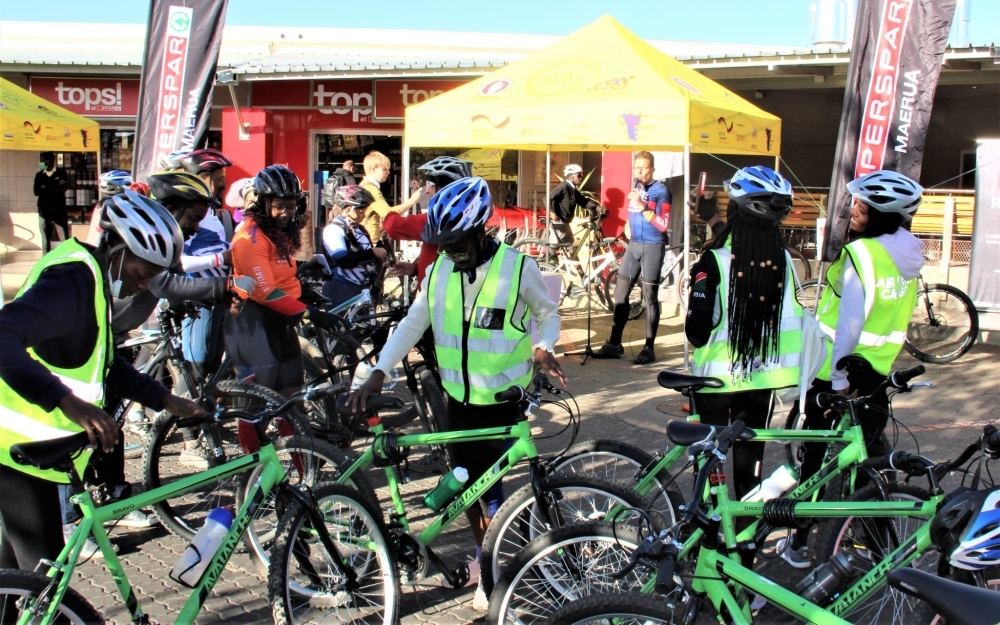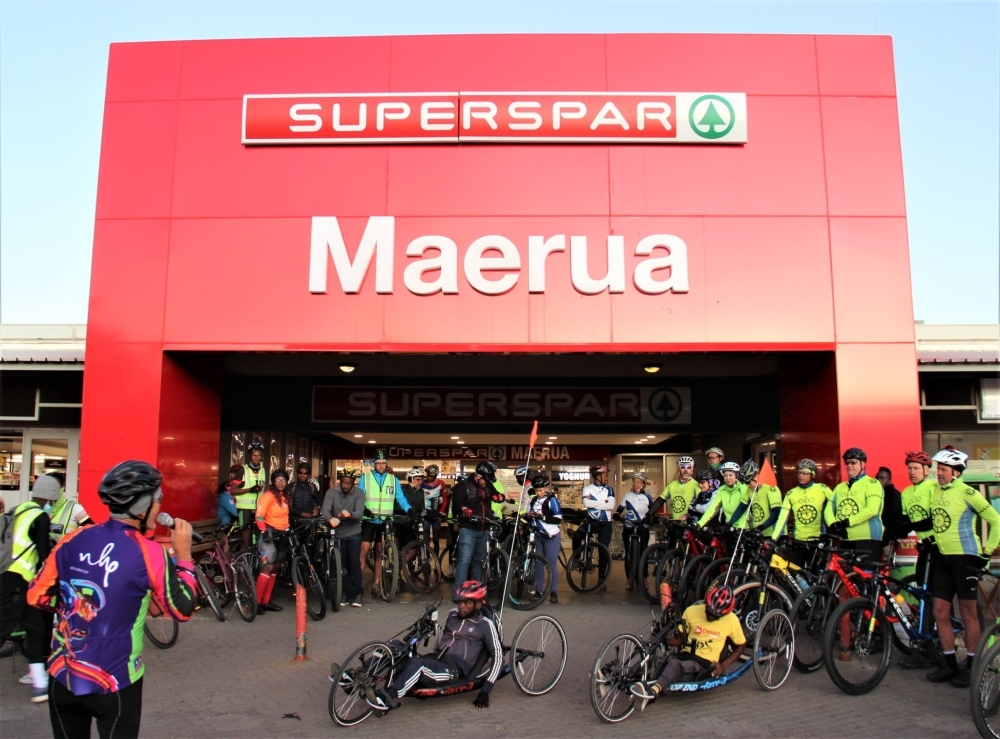Cycling for the future
The City of Windhoek, together with the Namibia Road Safety Forum (NRSF) and the Namibian Cycling Federation on Friday hosted “Cycle to work day” in the capital.The initiative aimed to encourage residents to ride a bicycle to work and to create greater awareness of the many benefits of cycling as a healthy, efficient, convenient and low-cost means of transport.
World Bicycle Day draws attention to the benefits of using the bicycle — a simple, affordable, clean and environmentally fit sustainable means of transportation. The bicycle contributes to cleaner air and less congestion and makes education, health care and other social services more accessible to the most vulnerable populations.
A sustainable transport system that promotes economic growth, reduces inequalities while bolstering the fight against climate change is critical to achieving the Sustainable Development Goals.
Meeting the needs of people who walk and cycle continues to be a critical part of the mobility solution for helping cities de-couple population growth from increased emissions, and to improve air quality and road safety. The Covid-19 pandemic has also led many cities to rethink their transport systems.
According to the World Health Organisation (WHO), safe infrastructure for walking and cycling is also a pathway for achieving greater health equity. For the poorest urban sector, who often cannot afford private vehicles, walking and cycling can provide a form of transport while reducing the risk of heart disease, stroke, certain cancers, diabetes, and even death. Accordingly, improved active transport is not only healthy; it is also equitable and cost-effective.







